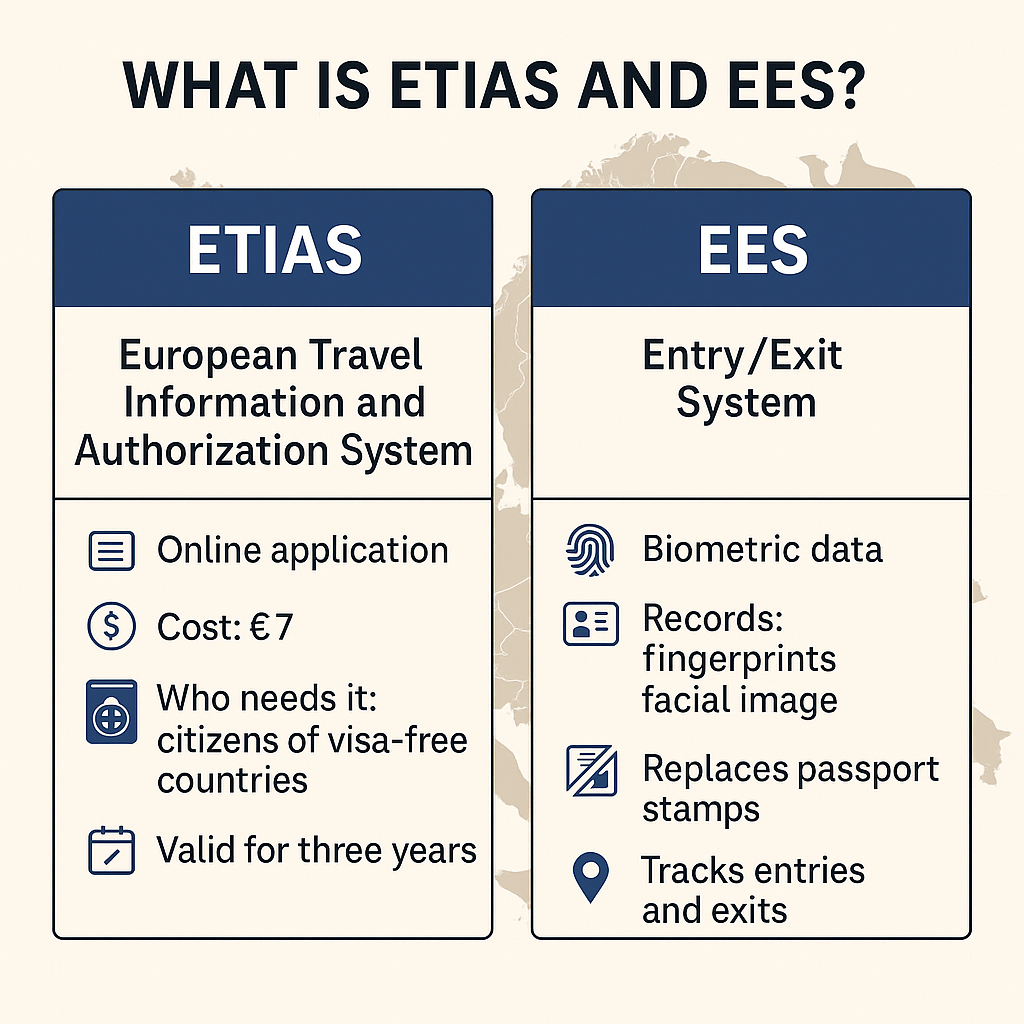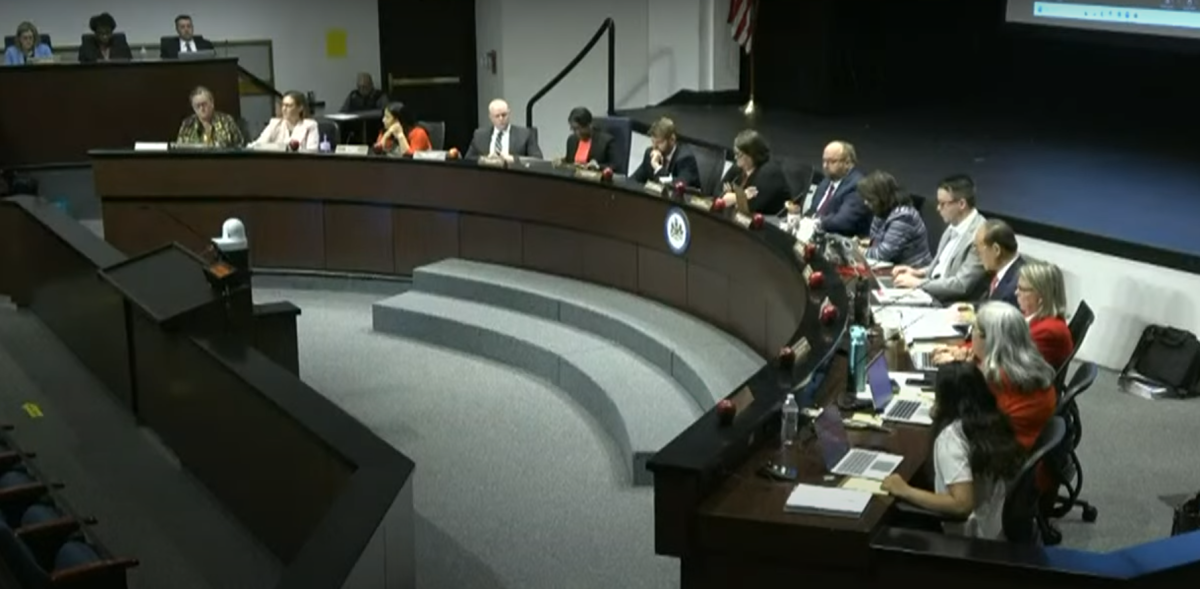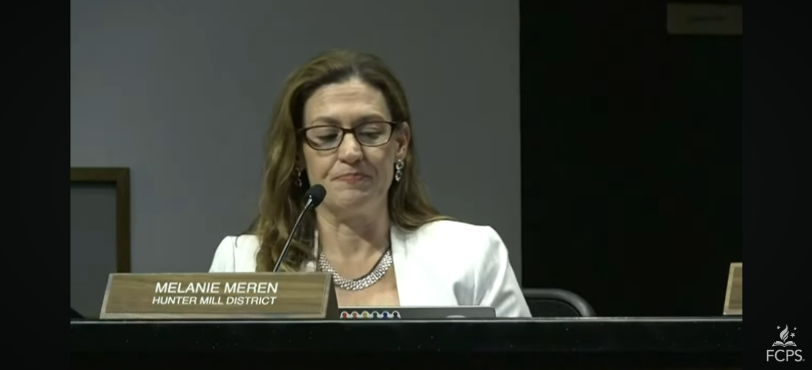Fairfax County Public Schools began installing Lightspeed Classroom Management software to high school Chromebooks on Nov. 17, 2023. The program, as stated on the Lightspeed website, is an online management tool that has the ability to block and monitor sites on student devices.
“[Lightspeed allows teachers to] view student screens in real time from the teacher console and focus student attention on a particular website by sending the page directly to student computers, ” school based technology specialist Emily Phelan said.
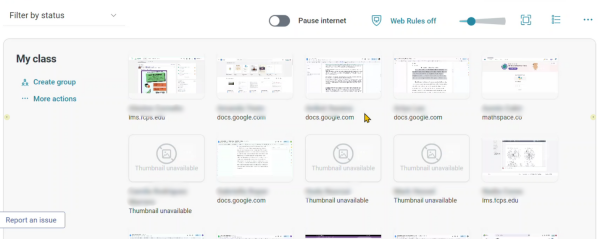
Teachers can also send students messages that appear on their screens, record their screens and pause student access to the internet using Lightspeed. The software aims to keep students on task and better manage virtual assignments during class.
“I use [Lightspeed] because I would like my students to be able to use their laptops,” Tatiana Kinsel, an English teacher, said. “I’ve had instances of cheating. This is a way to say ‘this is a resource that you can use to type, but now I can either trust you, or if I can’t trust you, I can see why.’”
In November, Lightspeed Classroom Management was sent to high school chromebooks, but according to Phelan, FCPS has been using Lightspeed Parent Reports, weekly reports providing a list of top sites the student visited that week, for some time. However, unlike the parent reports, Lightspeed Classroom Management does not work at home.
“If a student sees restrictions at home, then it’s likely the computer was not completely shut down before leaving school,” Phelan said.
Lightspeed is relatively new for both students and teachers. A majority of teachers have only been aware of the program since late January. Teachers have been using the program to ensure students have only one tab open during tests and stay focused on their tasks during class time.
“I’m adapting my norms around it, like telling students when I’m looking at it,” Kinsel said. “If they’re supposed to be working on something specific, I will have it open. If we’ve got a test coming up and they’re just deciding to fool around, I use it to keep them on track. ”
In one instance, a study from the National Library of Medicine showed that online test-takers scored 14% lower on a practice test than those who took the practice test in-person in the presence of proctors. However, on the real test, the online test-takers scored 10% higher than the face-to-face test takers, suggesting higher levels of cheating online. To combat this, teachers like Peter Bouwma, a biology teacher, use Lightspeed during assessments.
“I used to move all my desks around so I could see the screens from one place. Now I can have all the screens in front of me when they’re doing a test,” Bouwma said. “I haven’t seen much difference [from Lightspeed] yet, but I don’t know if there was that big of a problem before in my class.”
The software has been used with tests on Schoology, which does not prevent students from accessing other tabs in the time duration. However, if this were to change, Lightspeed may become less useful in some classrooms.
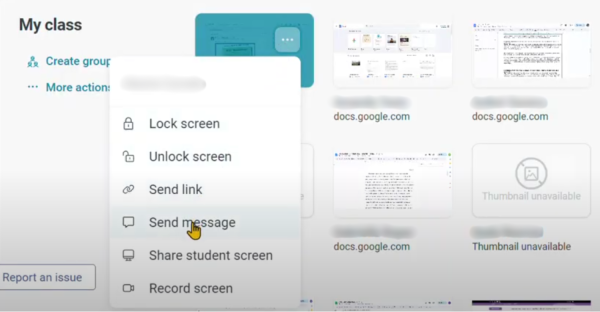
“If the test program had a lockdown browser I wouldn’t bother [using Lightspeed] because students wouldn’t be able to go look things up,” said Bouwma. “We’re using [Lightspeed] as a band-aid on a problem that if at some point got fixed, then I don’t know if I would have use for it in this class.”
As of 2024, FCPS has yet to announce whether Lightspeed will be used next year.
“I’m fine with the way it is so far,” Kinsel said. “I think it gives something we can all look at as an example while also giving teachers choices.”



